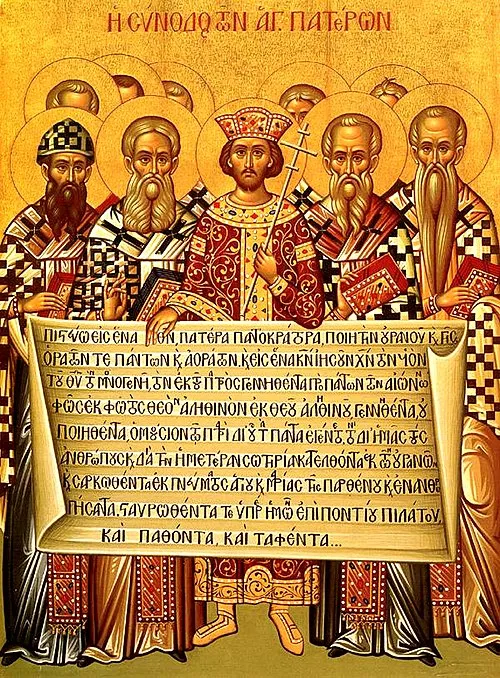
Eusebius of Milan: The Influential Church Father
Eusebius of Milan, a prominent figure in early Christianity, played a crucial role in the development of the Church in the 4th century. His theological insights, pastoral leadership, and dedication to the faith left a lasting impact on Christian thought and ecclesiastical structures. This article will explore the life, teachings, and legacy of Eusebius of Milan.
Life and Background
Born around 283 AD, Eusebius was raised in a Christian family in Milan, Italy. He became the bishop of Milan around 347 AD, succeeding Bishop Dionysius. His tenure as bishop occurred during a time of theological conflict and transformation within the Church, particularly regarding the relationship between the Church and the Roman Empire.
Theological Contributions
Eusebius of Milan is perhaps best known for his staunch defense of Nicene Christianity against Arianism—a theological stance that denied the full divinity of Christ. He followed the teachings of the Council of Nicaea, convened in 325 AD, which established the doctrine of the Trinity and affirmed the full divinity of Jesus Christ.
In his writings, Eusebius emphasized the need for unity within the Church, calling for a consensus among bishops and congregations to combat heretical views. His theological works often included references to biblical scripture, seeking to ground his teachings in the Word of God.
Pastoral Leadership
As a bishop, Eusebius of Milan was recognized for his pastoral sensitivity. He sought to strengthen the community of believers in Milan during a time marked by division. He believed that the Church should be a place of reconciliation and unity among Christians. Eusebius encouraged believers to practice charity and love towards one another, reinforcing the idea that community life is essential for spiritual growth.
His dedication to pastoral care extended beyond the confines of his church. He was known to mentor other bishops and clergy, sharing his insights and guidance with them in their ministries. Eusebius's leadership style fostered an atmosphere of collaboration, enabling the growth of the Church in Milan and beyond.
Legacy
Eusebius of Milan’s legacy is evident in various aspects of Christian history and thought. His writings influenced later Church Fathers, including Ambrose and Augustine. In fact, Ambrose of Milan, who succeeded him as bishop, often referred to Eusebius’s teachings as foundational to his own pastoral and theological work.
Additionally, Eusebius’s efforts to combat Arianism contributed to the strengthening of Nicene Christianity. His commitment to the theological battles of his time ensured the preservation of key doctrines that are still central to Christian faith today.
Conclusion
Eusebius of Milan stands as a significant figure in the early Church—a bishop whose theological convictions and pastoral dedication helped shape the development of Christian doctrine and community life. His influence can be seen in the ongoing struggles for doctrinal clarity and unity within the Church. As we reflect on his contributions, we gain a deeper understanding of the challenges and triumphs of early Christianity.






